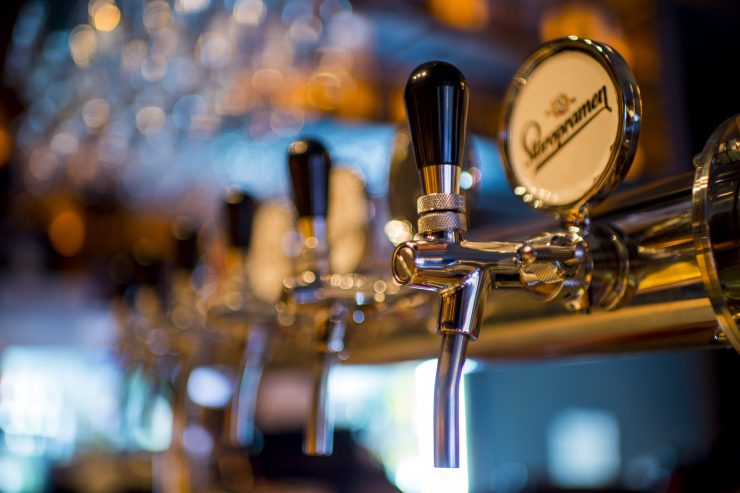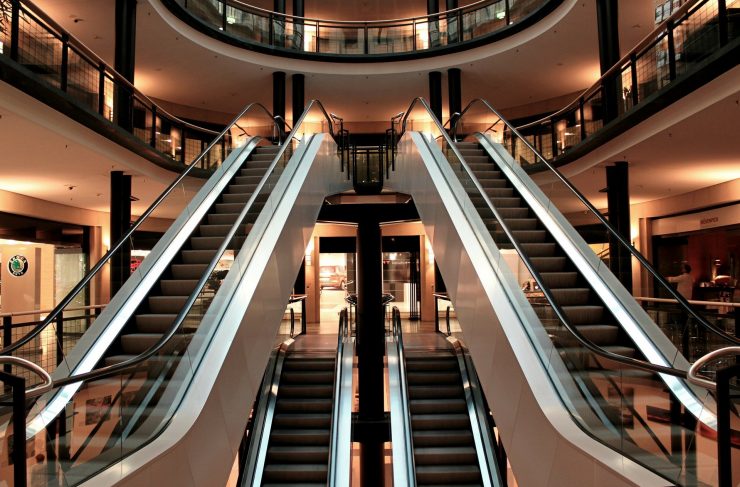As I sat sipping my Guinness, thinking, “What should I make my first post about?” I decided I would write about the very place I was sitting in: the pub. For those who are not familiar with the pub, it is a bar but British. A pub is a magnificent place! You can sit with friends discussing who would win in a fight between a great white shark and a tornado (then maybe decide to make a film about it). Or to kick back and enjoy Irish folk music while slowly losing consciousness as you neck the next pint. So, in a nutshell, the pub is a weird but glorious place to find yourself on a Friday evening.
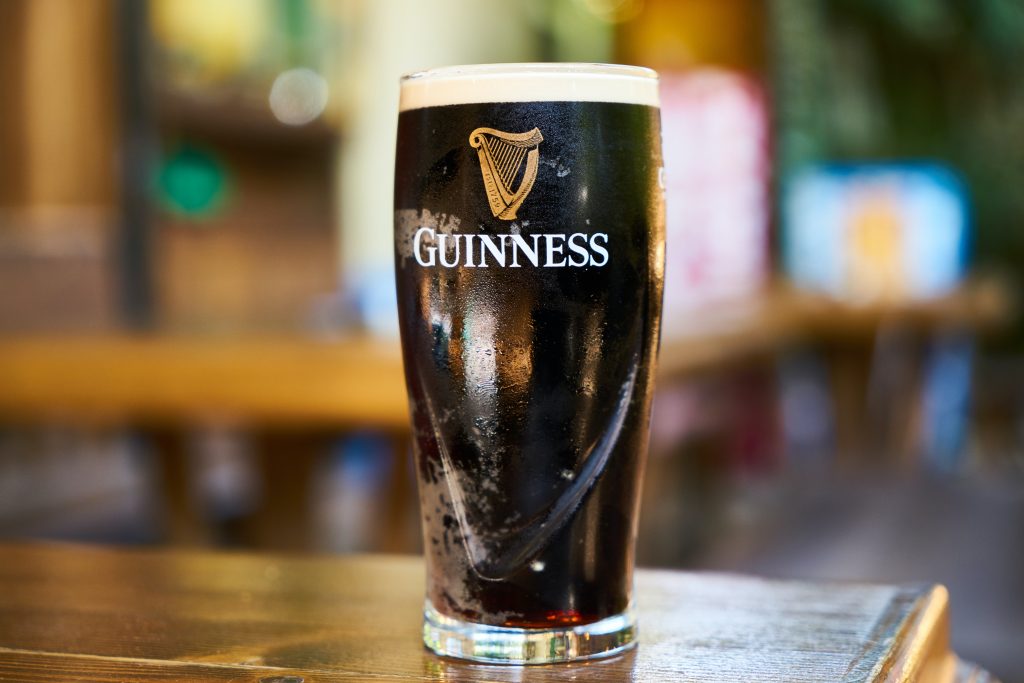
Joking aside, in terms of sociology, the pub is an extremely complex social setting. Sociologists describe it as a social micro-climate. This means that all usual rules and social norms do not apply there. The pub itself contains its own rules and taken-for-granted assumptions. In his book “Liminality and Communitas”, Victor Turner described the pub as a “liminal zone”. In Layman’s terms, the pub is a social setting that’s between work life and home life.
Think about how many times, after a hard day’s work, have you sat there thinking, “Man, I need a pint!”? That’s not you being an alcoholic, well it might be, but it’s because of the way we’ve been socialised. We understand the pub to be this liminal zone and a place to unwind. Erving Goffman understood this strengthens our daily commitments. Although we had a gruelling day at work, at least we can have a rewarding pint after.
The Invisible Queue
That was some intense sociology for the first post! Let’s take a breather and discuss other unwritten rules that exist within the pub. You ever been to a pub and thought, “Where is the queue?”. Well, you’ll be looking for a while because there isn’t a visible one! In every single situation in British life, we love a proper queue. However, for some reason, in a pub, this goes right out the window. Instead, this mass congregation around the bar tries to squeeze into any spot closer to the bar itself. We bump and grind until we are close enough to make eye contact with the bar staff, signifying, “I’m next!”.
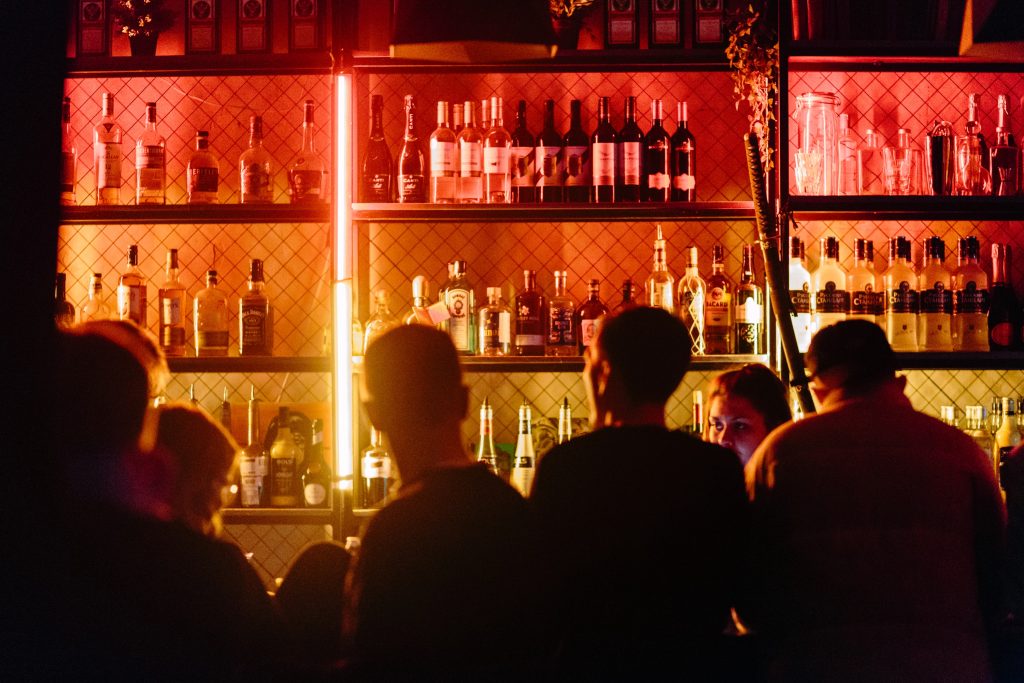
What on Earth is that? Sociologists, such as Kate Fox, who wrote: “Watching the English” (highly recommend!), discuss this “invisible queue” in great detail. There are still rules to this barbaric queuing system. I’m sure you’ll all agree if you are at the bar and the barman says, “who’s next?” and you know the person next to you has been there longer, you would say “this person” and gesture to them. If you find yourself reading this thinking, “I don’t”, then start because no one likes that guy.
If we decide we want to queue like animals at the bar, socially, it is our responsibility to help the bar staff by showing who is next in the “invisible queue”. Likewise, if one wishes to get served, eye contact with the bar staff is vital. None of this, waving your money in their face, that sort of behaviour will get you waiting a long time. So, even with this type of queue structure, some civility still ensues.
Drunkenness
Moving on, let’s talk about drunkenness. As a student, I am very aware of this state. If we see a drunk person walking down the street on a Thursday morning, we may cross to the other side of the road and judge a little. However, if we see the same drunk person in a pub, we say, “They’re having a good night!”. For some reason, we condone drunkenness in this social setting and class it as having a good time.
Moreover, we wear that drunkenness as a badge of honour. Think back to the following day when we tell our wildly exaggerated drunken stories to our friends. Be honest, how many times have you explained an inebriated account with the phrase “I was sooo wasted”?
In ordinary life, you shouldn’t get drunk in a park or a fountain surrounded by your only friends, the pigeons. This is classed as a social misdemeanour and a general no-no. However, within a pub, this broken rule is normalised and, funnily enough, encouraged! In fact, at work parties, it’s important to forget any misdemeanours that happened to colleagues or even yourself. Have you ever made a fool of yourself at the work party? Were you surprised no one brought it up the following Monday? Sociologist Bakhtin stated that this is a significant unspoken rule. This information should never resurface to save embarrassment and your favourite colleagues moving to another country.
Buying a Round
Another underlying rule of pub etiquette is buying a round. If you have never undergone this rule but are a frequent pub-goer, then you’re doing it wrong! Purchasing
He shows that exchange systems centre around the obligations to give, receive, and, most importantly, reciprocate. The same applies to the act of buying a round. If one is buying a round of drinks for friends, the friends will feel obligated to reciprocate that generosity. Rounds are usually in full flow until everyone has bought beers. Then it becomes the decision to start again or call it a day. If there are more than 5 of you, I’d recommend calling it a day. Oh, who am I kidding? That’s when the real fun begins!
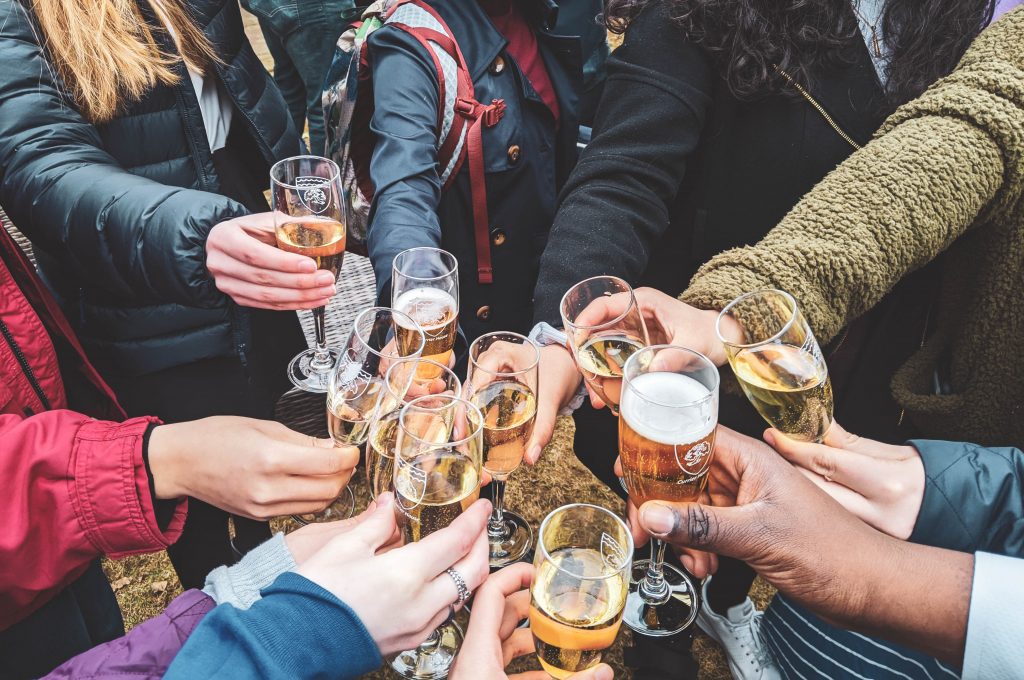
“Work and social status is stripped within a pub”
Kate Fox stated work status and social status are stripped within a pub, meaning everyone is equal. H
Interestingly enough, there are studies to show men overlook women for buying a round. However, this was the case when the pub was considered a male domain. So women, if you are at the pub with your male friends, they’re waiting for you to buy a round. Just be happy gender inequality is slowly, and I mean excruciatingly slowly, dying.
Finally…
Suppose you have gotten this far in this post; congratulations, and thank you. I hope you can now see these unusual social norms and rules that exist within the pub. In all honesty, I have barely scratched the surface and could talk about this topic forever. But I won’t. When you’re sitting in your local, drinking a cold beer, be sure just to take a second to look around. Try to observe some of these social behaviours for yourself and try to identify how many you accommodate. I tell you what; I fancy a beer now; cheers!
